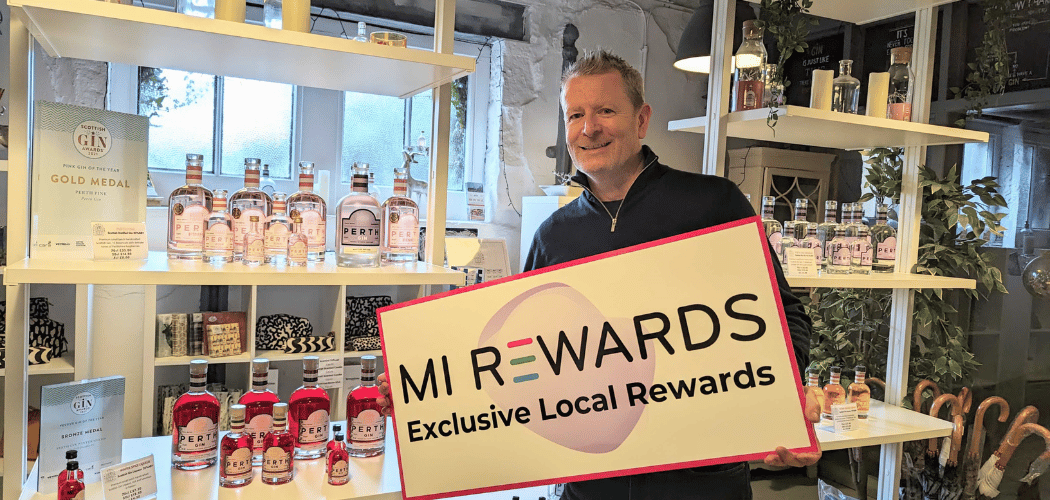Brand advocates in the UK place most importance on customer service (16%), compared to 12% in the US, 11% in Brazil, and only 9% in China, according to the Social@Ogilvy Global Brand Advocacy study, which analysed 7 million brand mentions to get a clear picture of current online advocacy trends.
Every day, consumers have millions of conversations about brands around the world. Many of these are advocacy mentions that help brands significantly amplify their marketing. While it's easy to assume that emotional factors are what drive the most advocacy, the report tells a different story: globally, it was rational features (such as the characteristics of skin cream) that topped the drivers of online advocacy.
And the study found that the British consumer's traditionally 'reserved' nature is not reflected in statistics that show them to be the second most passionate online advocates, with 43% of advocacy being in the highest 'passion' bracket - only marginally behind Americans (49%), and far ahead of Brazil (22%) and China (18%).
Among the study's key findings:
- Where advocacy is concerned, features trump emotion
Features were the top driver of advocacy in every country studied, and deserve the most attention. The study examined advocacy mentions of ads, benefits, features, deals/savings and customer service. In all markets, features were the most often mentioned. By comparison, mentions of ads/commercials typically garnered the fewest mentions.
- Few brands are driving true passion
For most brands, the majority of mentions were casual. In the US, only 2 brands out of 22 had over 50% of mentions falling in the most enthusiastic advocacy category (love, excitement, or must-do/buy). But those two brands had even more enthusiastic advocacy than blockbuster movies such as The Avengers and The Hunger Games.
- Focus on fans' true advocacy inspirations
Using tools that help identify "clusters of discussion", the study observed that Holiday Inn's breakfast tends to drive more advocacy than its peers. By comparison, Kimpton's bars were more often cited than those of other brands. This data can be useful as the inspiration point for creative/campaign messaging - more deeply, these insights can be used to inform changes in messaging and even products.
- Advocacy can occur anywhere
Of the 22 brands we looked at, the five with the highest advocacy rating included 2 hotels, 2 skin care brands and 1 fashion retailer. One instant coffee brand came in among the top 10. It's a myth that people only advocate in specific categories.
- China boasts the highest level of brand advocacy
Overall advocacy rates can vary by as much as 50% between categories and as much as 500% between countries. China had the highest overall brand advocacy rate, coming in at about 30% of mentions vs. Brazil's 6% and the UK and US's levels of 12% and 13% respectively.
- Brands have an enormous social advocacy gap
Advocacy mentions represented about 15% of all brand mentions, with the remainder being either neutral or negative mentions. However, looking deeper into the US hotel category, for example, the study found less than 1 advocacy mention per 100 stays. With some of the studied hotels reporting guest satisfaction scores of 80% or more, there's clearly a large social advocacy gap: the majority of people satisfied with their experience aren't advocating online.
Research suggests that up to 80% of reach from marketing campaigns now comes from network amplification through advocacy. This means brands that can't generate substantial advocacy will simply pay more to market less efficiently than those who make advocacy a brand priority. But many brands have yet to catch up and learn to use big data to provide actionable insights.
"While traditional thinking suggests that sharing is driven by emotion, in our study we found that simple features (for example, the size of a room or how well a soap tackles odour) surprisingly drove the most positive mentions of brands - and this held across 4 different countries," explained Irfan Kamal, global head of data, analytics and products for Social@Ogilvy. "In this brand advocacy study, we delved into the psychology of sharing publicly on social channels."
|
More Info: |




